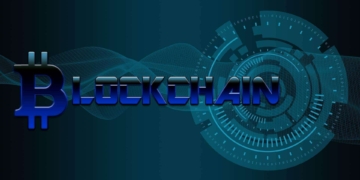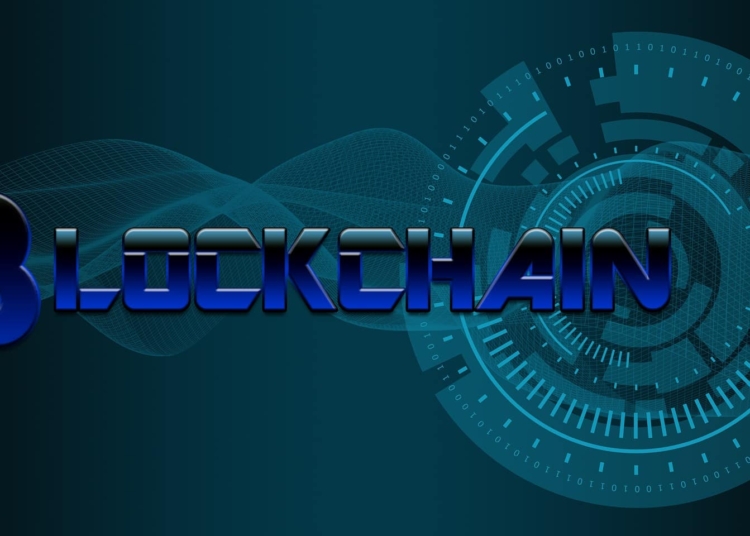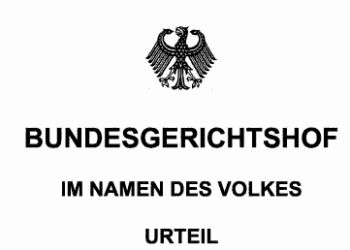Introduction: what are tokens and what are they used for?
Tokens are a digital type of currency used to conduct transactions in a specific ecosystem. They are commonly used in various industries to facilitate the movement of money and goods. Tokens can also serve as digital asset and billing units. In general, it works like this: A user sends his tokens to another user or to a group of users to complete the transaction. Tokens are becoming increasingly popular and are in high demand for blockchain crowdfunding, among other things. In this type of crowdfunding, investors send their tokens to the developer of the blockchain platform to drive development and thus also “invest” in the project. However, there are different types of tokens with a wide variety of functions.
Security tokens are digital assets that are created by investing in various assets. They are usually linked to the price of the assets and can therefore be regarded as securities. Security tokens thus represent a kind of digital investment, similar to the purchase of shares or bonds. In return, investors receive dividend payments or interest payments for their investment in the respective token. Security tokens benefit companies in particular because they can use them to raise more capital than through traditional bond issuance or equity issuance mechanisms. Therefore, it is now possible for many companies to raise capital directly via security tokens to develop and test new business models.
Utility tokens are digital assets that can be used for specific purposes. It provides users with access to specific products or services on a platform or within an ecosystem, allowing them to make purchases or buy tickets to venues, for example. Utility tokens are therefore not investments, as they are not linked to the price of assets and therefore do not have to pay dividends. In addition, another benefit of utility tokens is their flexibility – custom rules can be implemented to provide users with specific benefits and function within the platform or ecosystem. Companies also benefit here by being able to set prices for products or services or award bonus points to offer customer loyalty programs.
In addition, utility tokens are generally not subject to specific regulatory requirements. Under civil law – and especially under tax law – they are more likely to be classified as vouchers. This means that a company with a utility token can get to market very quickly without too much hassle in complying with various laws and regulations. In addition, utility tokens can also be used as a means of valuation by using them as payment for specific products or services. This gives companies the opportunity to obtain information about the demand for a particular product or service and thus better align their decisions in terms of pricing, marketing strategies, etc. In today’s digitized world, utility tokens are a very helpful tool for businesses as they increase cost efficiency, create transparency and open up new opportunities for customer acquisition and retention. They can be used to create completely new ecosystems and develop innovative business models.
However, the greatest potential of utility tokens lies in their ability to automate numerous processes, thereby reducing transaction costs. By leveraging blockchain technology, companies can create a secure and end-to-end digital platform to make their market more efficient and profitable. For example, a utility token can help store documents and other important details in a fully digitized format, which can significantly reduce the time it takes to complete a transaction. Utility tokens are thus a useful way to create digital currencies and facilitate their use in everyday life. And although there is not yet a fully developed ecosystem, more and more companies are recognizing the value of this technology and looking for ways to leverage it. It is therefore likely that utility tokens will establish themselves as an indispensable part of digital economic systems.
Which risks belong to which type of token?
Security tokens have a higher risk than utility tokens. Security tokens are usually linked to assets and can therefore lead to very volatile price fluctuations. Since they are still quite new, it is difficult to predict how their value will develop. Regulatory uncertainty is also a factor that increases risk. There is a risk that security tokens violate legal provisions and are subject to various regulatory requirements. Utility tokens, on the other hand, pose less risk than security tokens because they are not directly linked to assets. They usually have defined usage functions and in most cases can currently only be used within a specific ecosystem. Since utility tokens do not have to meet any regulatory requirements, there is still a risk that the token’s value will suddenly drop or that it will become unusable due to technical difficulties. Both token types offer opportunities and risks to developers and investors. Before deciding whether or not to “invest” in or purchase one of these tokens, one should thoroughly weigh the benefits and risks of each type of token and whether or not one is willing to take that risk. It is also important to know and understand the regulatory requirements to avoid investing in a token that does not have the full protection of the regulators. It is also important to check the liquidity of the token and especially it issuing company and make sure that you have a convenient way to buy or sell tokens. Finally, it is important to note that investments in tokens should only be considered as long-term investments. Since token prices can be very volatile, it is important to have a long-term plan for your investments and stick to that plan. You should try to keep the risks of investing in tokens as low as possible and invest only when you are sure that you are ready to make losses. This way, you can avoid getting stressed out and making bad financial decisions.
MLM systems and sale of tokens
Selling tokens through multi-level marketing (MLM) systems is a popular way for companies to get their tokens to market. MLM uses the idea of network marketing to spread awareness and value of tokens. This type of marketing is designed to build a network of people that grows through word of mouth and recommendations for specific products and services. When tokens are sold through MLM systems, the buyer may also receive a portion of the profit that the company made from the sale. This creates an incentive for the person to buy more tokens and add more people to the network. However, it is important to note that there is no certainty when buying tokens through MLM systems – there is still a risk that the value of the tokens may decrease or disappear altogether. Therefore, investors should think carefully about whether they are willing to take this risk.
Are Fungible Tokens Subject to MiCAR?
The term Fungible Token refers to digital assets that serve as a substitute for physical currencies. These tokens are usually managed on a blockchain and can be used either as a means of payment or as a store of value. Fungible tokens can also be used for investment, financing and trading. However, the regulation of Fungible Tokens depends on the respective countries. In Germany, Fungible Tokens are subject to MiCAR (Markets in Financial Instruments and Regulations) according to current legal opinion. This means that issuers and providers of digital assets are bound by and must comply with strict regulatory requirements in order to offer their products. MiCAR’s key requirements include:
The issuer must
- have the necessary liquidity to meet its obligation under the tokens;
- ensure adequate investor protection;
- provide transparent information about the issuance and management of the token;
- Perform a periodic valuation of the token;
- operate an appropriate risk management system;
- Minimize liquidity risks;
- make its financial obligations meetable;
and
- must have sufficient technical means to efficiently process all transaction related to the token.
In other words, MiCAR is basically designed to ensure that any investor interested in acquiring Fungible Tokens is protected from fraud and other risks, thus guaranteeing them a fair cost advantage when trading this type of token.
Conclusion – why security tokens will become increasingly important in the future
Security tokens have become an increasingly important form of digital property in recent years. They have the potential to fundamentally change the economy and the financial market and open up new ways for investors to invest. Using blockchain technology, security tokens can also function as digital stocks, bonds, mutual funds, and other financial instruments. Utility tokens, on the other hand, serve primarily as a means of payment for services or products within a given network. They provide holders with access to articles, services or functions of the respective network. Because of these differences, Security Token Offering (STO) is becoming more popular and outpacing Utility Token Offering (UTO). Security tokens promise greater transparency and traceability of investments, as well as improved efficiency in securities trading.























